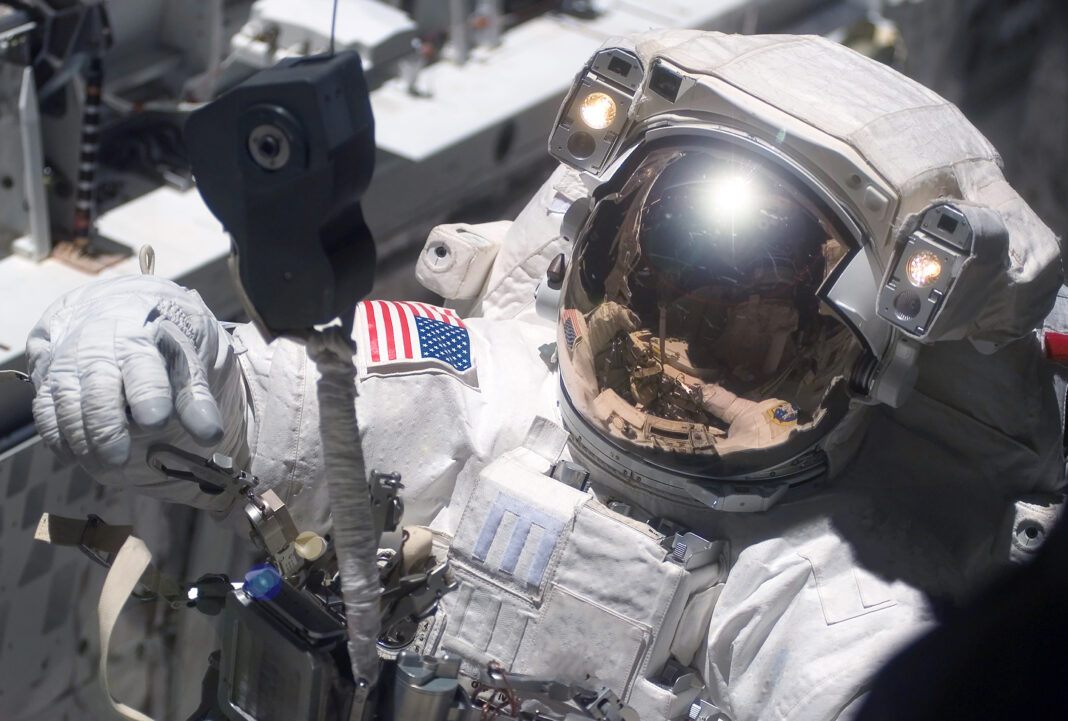Turns out, humans just aren’t built for space. That might seem like an understatement. After all, there isn’t any oxygen in space, and we kind of need that to survive.
But, scientists keep finding ways that the human body just fails when exposed to the lack of gravity that space brings. For starters, there’s the entire bone and muscle density thing, where human bones and muscles slowly start to deteriorate and lose their density over time. The is a huge issue that many aboard the International Space Station have been fighting against for as long as humans have been staying on the station.
But this isn’t the only way that we know humans aren’t built for space. Turns out, gravity is also extremely important to help us know when we need to pee, and as such, that daily activity has caused a and finding new ways to send people to space. Additionally, new studies have shown other issues could arise from spaceflight, including , which scientists say could be exacerbated thanks to increased radiation exposure while in space.
As if that wasn’t enough, apparently many astronauts also lose their fingernails after spacewalks. Sign up for the most interesting tech & entertainment news out there. By signing up, I agree to the and have reviewed the There has been a lot of information shared over the decades about what exposure to space can do to the body, showing plenty of reasons that humans just aren’t built for space.
And while we know that you won’t freeze or explode if you’re exposed to the vacuum of space, the effects that spaceflight and space travel have on the human body are still largely unexplored. In fact, astronauts aboard the ISS act as live guinea pigs for scientists here on the ground who want to learn more about what space does to the human body. And apparently, those life-saving suits that astronauts wear when taking are partially to blame for some of the issues, like fingernail loss.
Scientists believe this issue is mostly caused by the pressure within the suits, most notably the gloves and how they are designed. Of course, we can’t just send humans out into space without a pressurized suit, so how do we overcome this particular issue? That’s another question altogether and one that has proven surprisingly difficult to solve. Based on , some scientists believe that the loss of the fingernails, which is medically known as , could be tied to a number of causes, including the design of the gloves, and even the size of the person’s knuckles.
That’s because the size of those knuckles and the way that the gloves restrict movement can apply more pressure to the fingers, causing issues with blood flow. It’s possible that future spacesuits, like those being made for the upcoming Artemis missions, can help reduce some of these issues. For now, though, there are plenty of reasons why humans aren’t built for space.
Despite that, NASA and other agencies continue to aim for the stars, planning both the , which will return humans to the moon, as well as a manned mission to Mars in the 2030s. And honestly, I’m all for the expanded exploration of our universe, especially if we can find ways to make it safer for humans to take part in it. .
From: bgr_com
URL: https://bgr.com/science/scientists-keep-finding-more-reasons-why-humans-arent-built-for-space/



